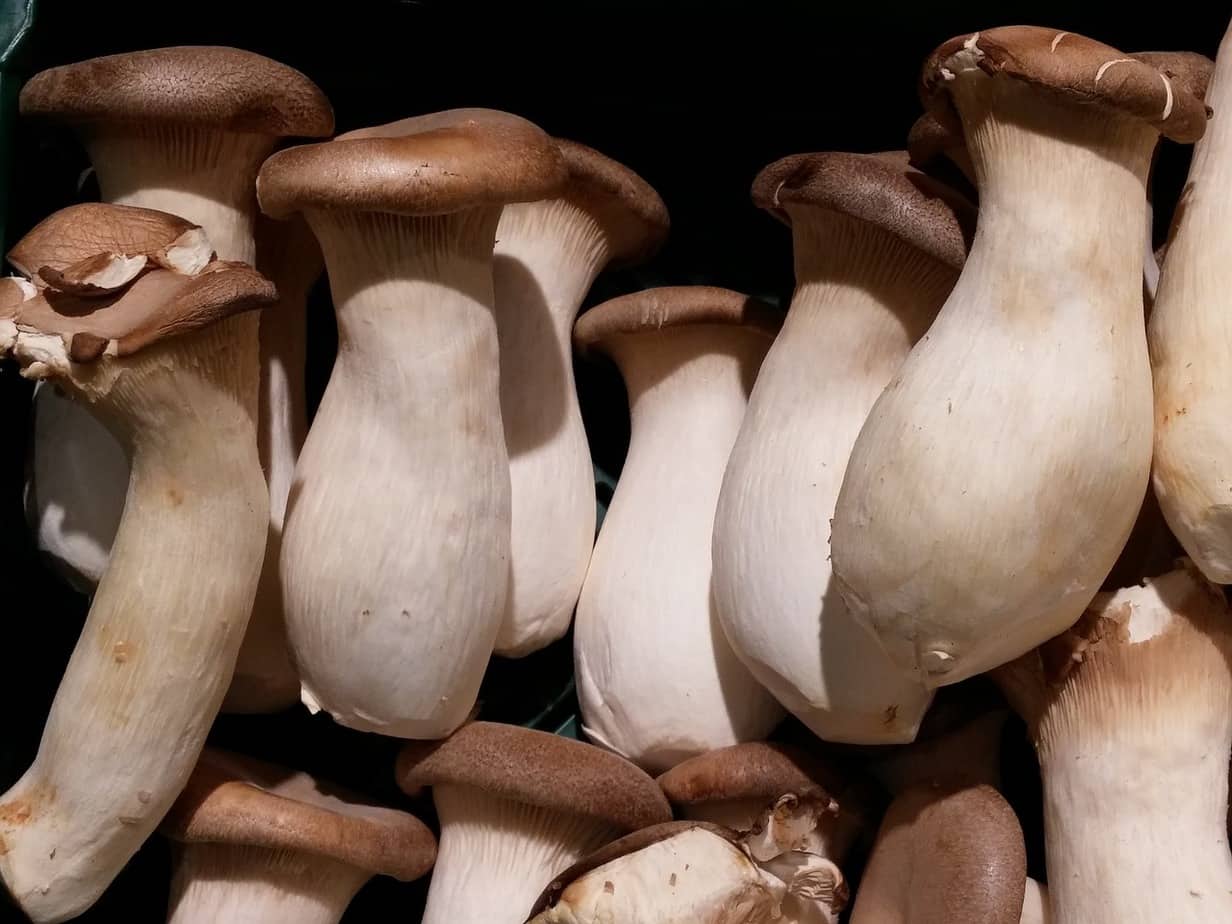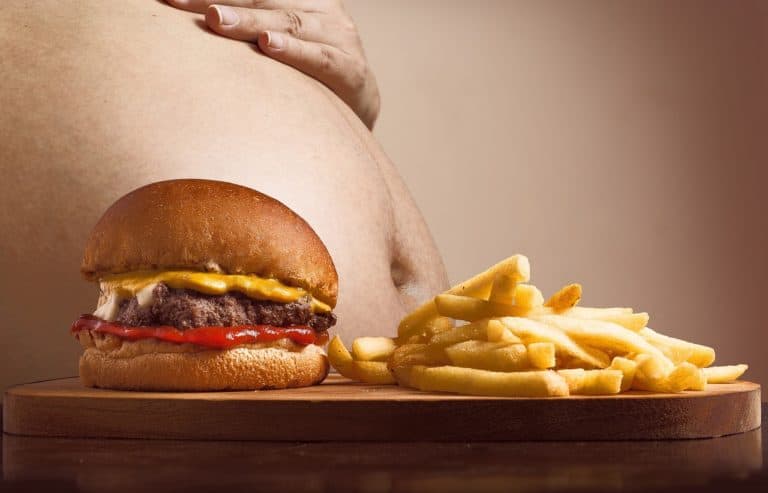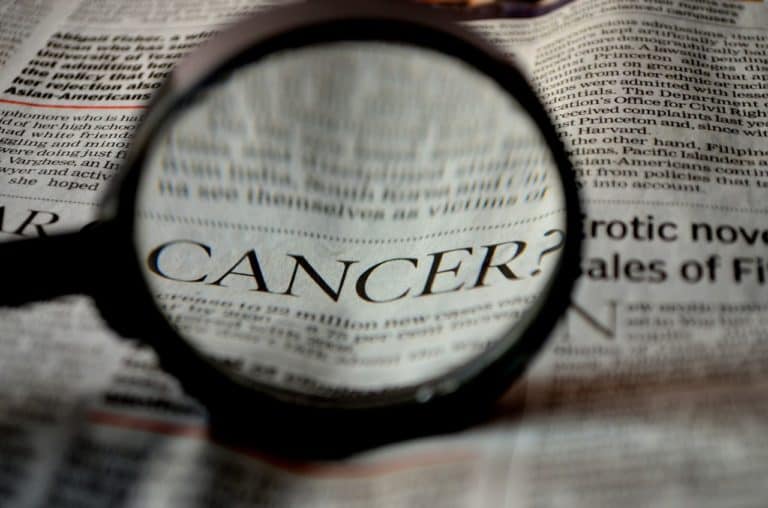For millennia, many cultures have valued fungi for their medicinal powers. Yet it’s not until recently that scientists have put them to the test. Now a new study from Japan is the first to explore the relationship between mushrooms and prostate cancer. The question is: Can eating mushrooms lower prostate cancer risk?
A few previous studies have examined the disease-fighting abilities of mushrooms. In a 2012 study, for example, the authors noted that “it is already well established that medicinal mushrooms represent a potential source for biologically active compounds with immunomodulating, free radical scavenging, anti-inflammatory, antibacterial, antifungal, antiviral, hepatoprotective, antidiabetic, and anticancer activities.”
However, scientists have done little investigation into a link between mushroom consumption and its impact on prostate cancer. This new study changed that.
Mushrooms and prostate cancer risk
The scientists used data from the previous Miyagi Cohort Study and the Ohsaki Cohort Study, both of which included a focus on the relationship between lifestyle factors and the incidence of prostate cancer. This allowed the researchers to evaluate data from nearly 37,000 men between the ages of 40 and 79 who had been followed for a median of 13.2 years.
Overall, this is what the investigators found:
- During the follow-up, there were 1,204 cases of prostate cancer, which represented 3.3 percent of the participants
- Men who consumed mushrooms once or twice a week had an 8 percent lower relative risk of prostate cancer when compared with men who ate mushrooms less than once a week
- The relative risk of prostate cancer was 17 percent lower among men who ate mushrooms three or more times a week
- Prostate-specific antigen (PSA) levels were lower in some of the men who ate mushrooms and also enhanced the body’s immune response to prostate cancer
- The anticancer effect was only significant in men older than 50, which the authors believed may be because the disease is much less common in younger men
The scientists noted that the antioxidants in mushrooms may be a reason for their anticancer effect. Among those antioxidants are L-ergothioneine and glutathione, both of which are potent. The anticancer potential of mushrooms was significant ever after the authors controlled for family history of cancer, use of alcohol and tobacco, and coffee consumption.
Bottom line
This study suggests eating mushrooms can reduce the risk of prostate cancer. However, much more needs to be done to better understand this association and the significance of these findings. For now, mushrooms are considered to be a healthy food overall and for the prostate, and men are encouraged to enjoy them several times a week.
References
Petrova RD. New scientific approaches to cancer treatment: can medicinal mushrooms defeat the curse of the century? International Journal of Medicinal Mushrooms 2012; 14(1): 1-20
Zhang S et al. Mushroom consumption and incident risk of prostate cancer in Japan: A pooled analysis of the Miyagi Cohort Study and the Ohsaki Cohort Study. International Journal of Medicinal Mushrooms 2019 Sep 4







